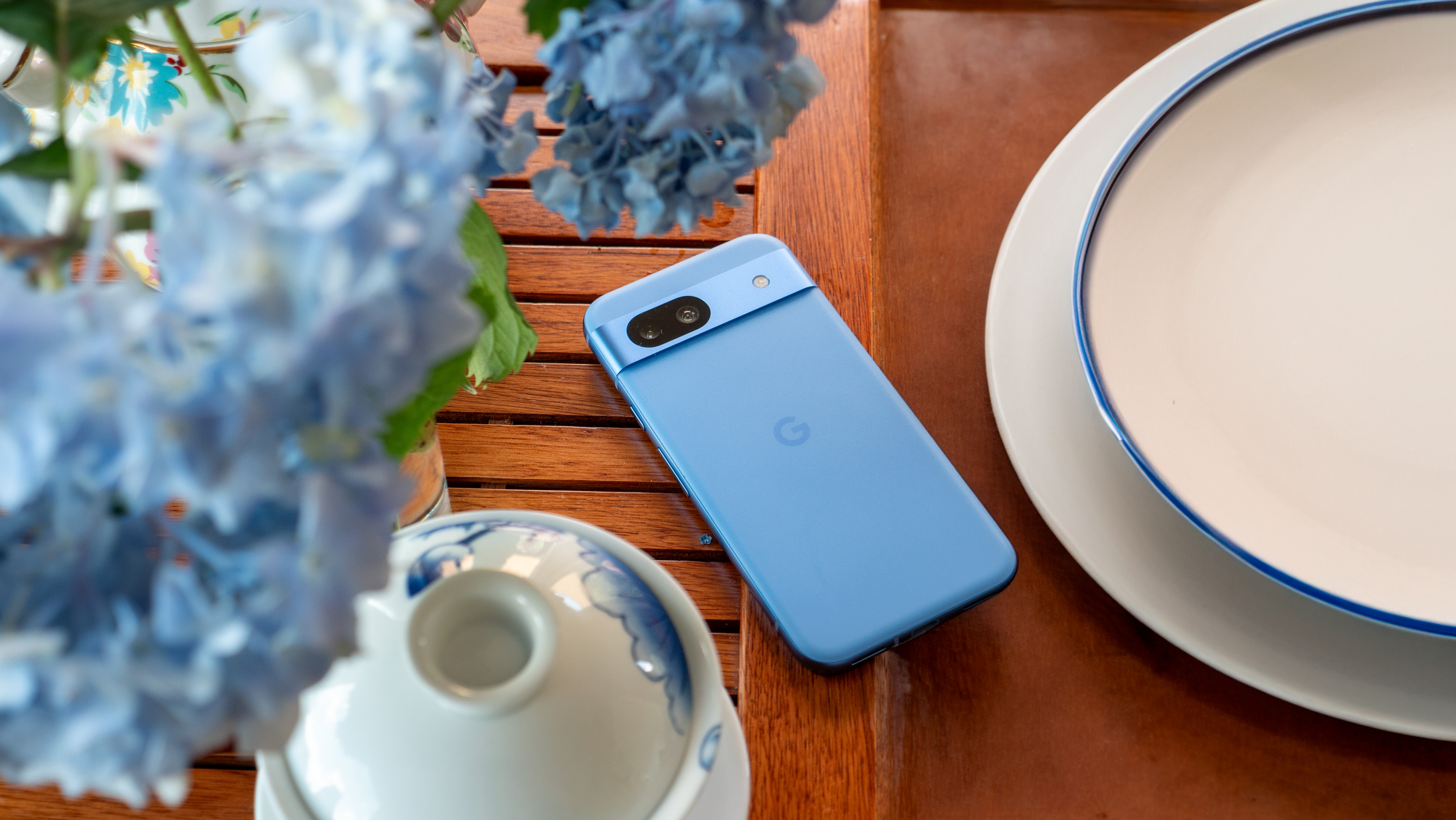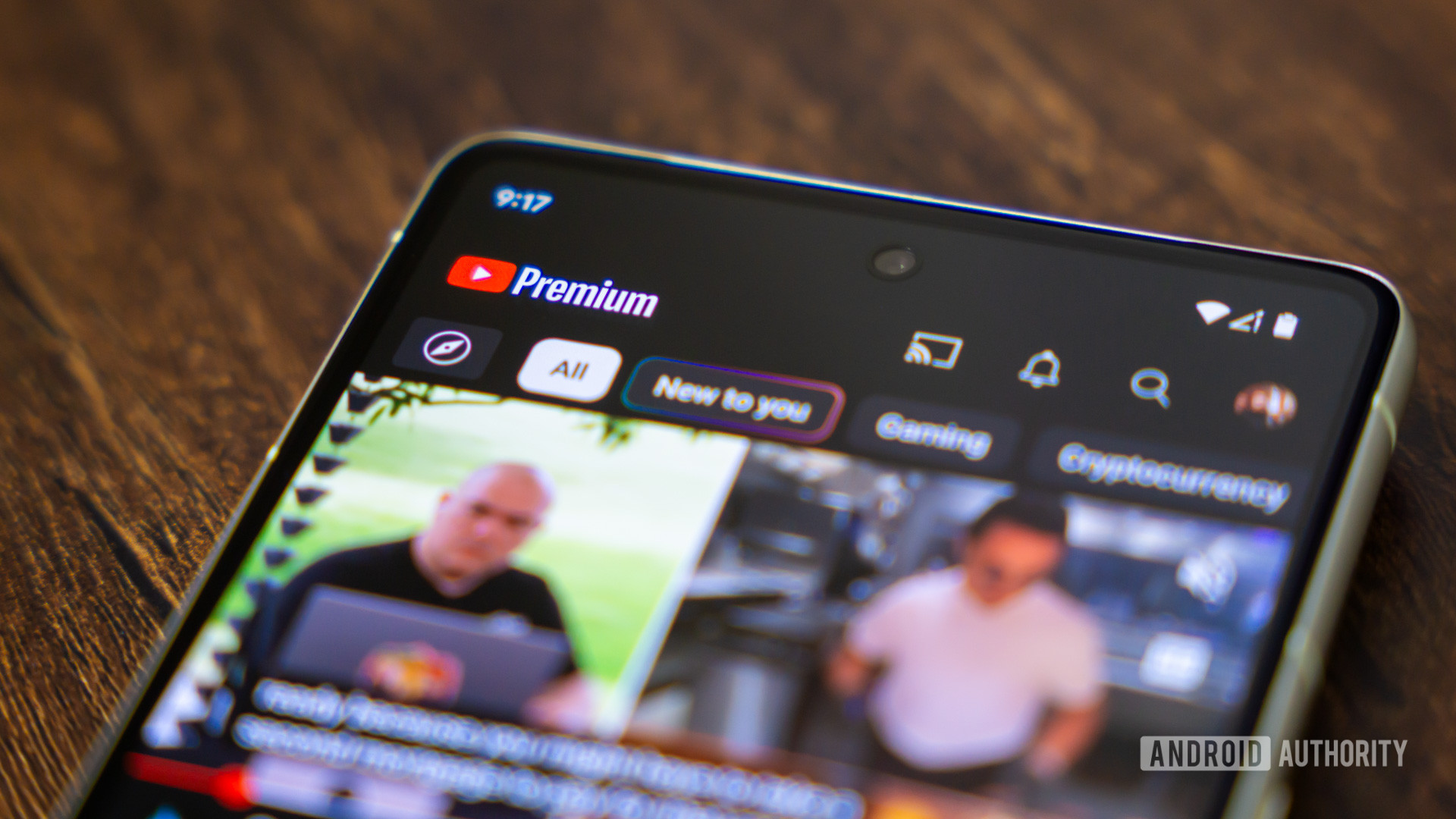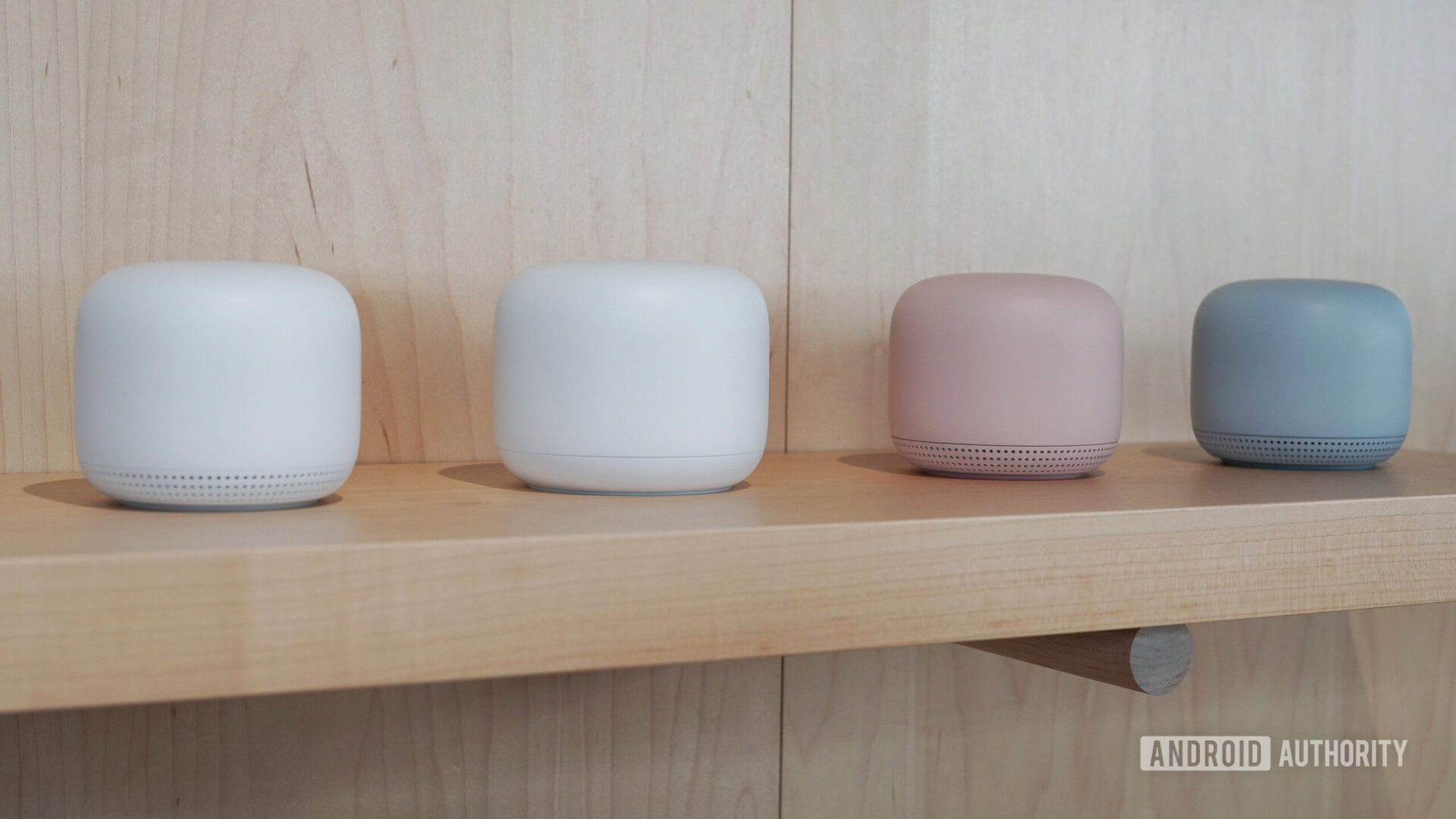How to shop wisely on Prime Day

Amazon Prime Big Deal Days are October 8th and 9th, which means this week will be one of the biggest shopping days of 2024. Outside of Black Friday, Amazon Prime Days are when you will find some of the best prices on the things you’ve been looking for and even the things you had no idea you wanted or needed.
The temptation to buy is going to be high. The whole experience is designed to be that way, and with pressure on tech websites to point consumers to the best deals, it’s going to be everywhere. There is no escaping Amazon this week unless you turn off your internet.
Android & Chill
One of the web’s longest-running tech columns, Android & Chill is your Saturday discussion of Android, Google, and all things tech.
Not everything is bad about Amazon Prime deal days, and I don’t mean to sound like it is. You are probably in need of something, especially something tech-related, and there’s a good chance you’ll find it on sale this week. I need some rechargeable flashlight batteries for my nighttime mischief, for example, and I know I’ll find a set on sale to buy at Amazon.
I also know that while I look for batteries, I’ll see a gazillion other things designed to catch my eye, so I think about buying all of them. I will probably resist that temptation for the most part, and I’m here to help you.
The first thing to remember is that Amazon and other online retailers track your internet habits almost as much as Google does. It especially knows everything you do while visiting its website; it knows what you buy, what you “save for later,” what you look at and don’t buy, and how long you spend looking at every item you click on.
This builds a profile so the company can show you exactly what it thinks you can be enticed into buying, especially during a time like Amazon Prime Day. Honestly, this can be good, too. Not having to wade through items you have zero interest in is helpful, and it makes it easier to find what you want to find.
You’re going to see things you were not planning on buying at prices that grab your attention—lots of them. It’s helpful to know what you’re looking for and what else you might be interested in, and try to stick to those items until you see if buying something extra is in your budget.

Only you know what you can afford to buy and what you want. Every website on the internet will tell you about stuff that’s on sale and why buying it is a good idea. It’s usually true—if an item is something everyone loves and it’s at a low price, buying it can be a good decision. But only you can make that decision.
I might tell you why I think you should buy a Pixel 8a (I will be). I’ll tell you why I spent my own money on one and that I think it’s the best phone for the money available. Don’t buy a Pixel 8a unless you want or need a Pixel 8a, though, no matter what I say. Articles like this are meant to help you decide if you know you need something but are unsure which to buy.
Install a tool that helps you track prices, or use a website that does the same. Unfortunately, slowly ramping up the price of an item on the lead-up to a big sale day and then slashing it for the sale is too common. It means you’re not really saving much money, even if the listing says you’re getting it at 40% off. I wish Amazon, in particular, would crack down on the sellers who do it.
You usually don’t have to worry about more established companies doing this. Amazon or Samsung aren’t going to try this one, for example. But a tool like Honey or CamelCamelCamel is something you should use before you click the buy button.
Amazon is not the only game in town. The company may have the trademark on “Prime Day,” but everyone is going to get in on the action because every other company knows you’re online and shopping.
Great places to look for tech deals are Walmart, Best Buy, Newegg, and B&H Photo. All these places have a good reputation, and I’ve actually purchased items from them without any issues. Comparison shopping, especially during something like Prime Day, is an excellent way to save money.

The cheapest thing isn’t always the best deal. In fact, buying the cheapest thing in any category is usually not a good deal. Building and selling a quality product isn’t cheap. Since there’s no tactful way to say it, cheap junk is going to cost less than something worth buying. You will not get your money’s worth when you buy cheap junk.
This is especially true when it comes to tech accessories. My wife loves her Galaxy Watch, and it never leaves her wrist. She has an envelope with 10 watch straps in it that she can’t wear because they turn her wrist different colors. Those watch straps were cheaper than others, but they were also junk. Don’t buy junk because it’s cheap.
Reviews can help but know that a lot of the Amazon reviews you see are just more junk written by AI bots and mean nothing. If you’ve never heard of the brand, Google it and see what you find. Always.
Some cheap things are worth buying. Most aren’t.

Finally, remember you don’t have to buy anything. All of this stuff will still be there come the week after next, and though it might not be on sale, you can still pick up anything you like anytime you like.
There’s another potentially bigger sale coming on Black Friday, too. There’s no guarantee something will be cheaper then, but it may be worth waiting for if you can.
I hope you walk away from another Prime Day sale happy with yourself and anything you bought. With a little bit of planning and thinking before you click a buy button, it’s easier.
Source link





